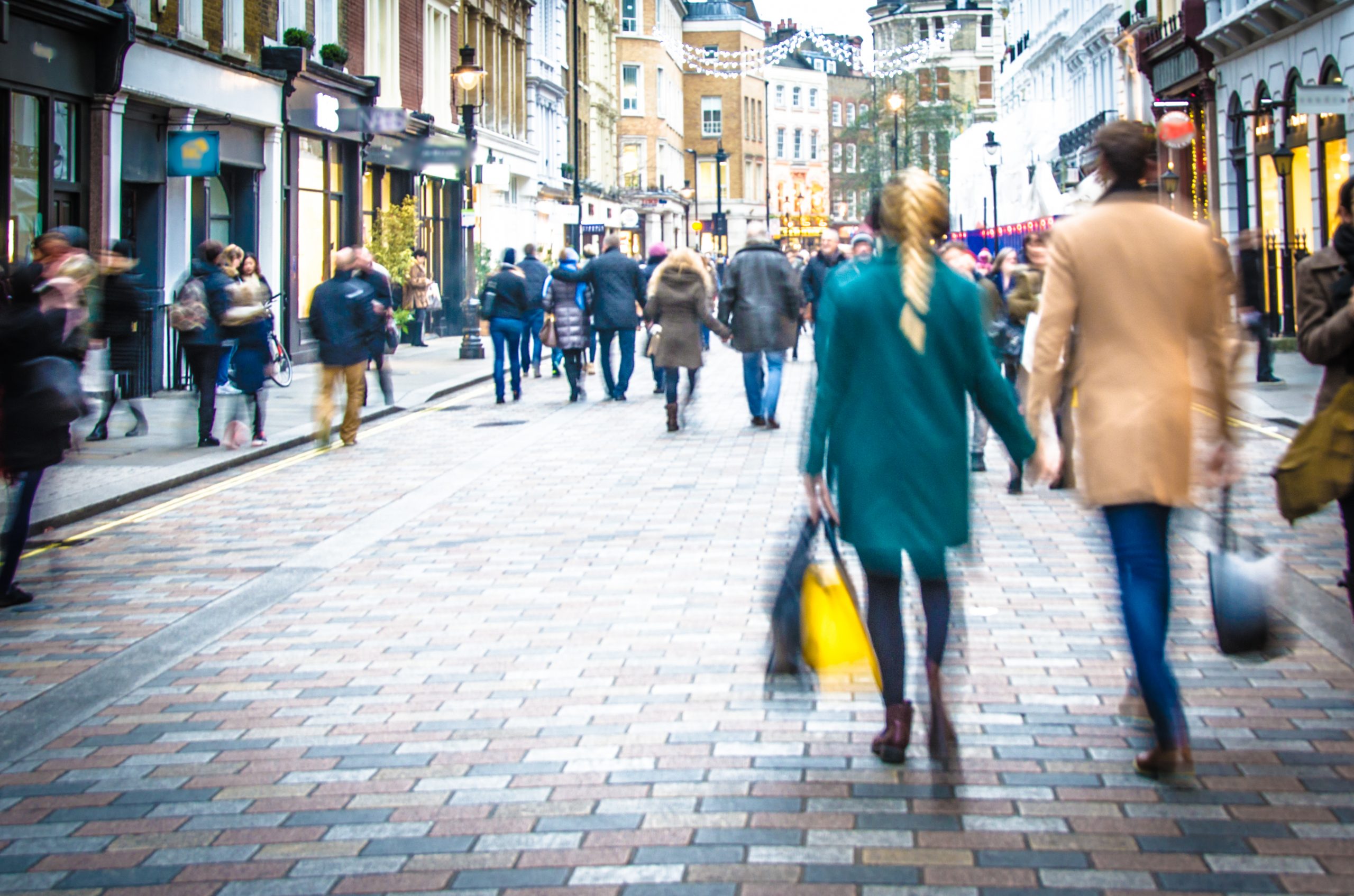Household Bills
Covid impacted spending more than 2008 financial crisis

Guest Author:
Emma LunnFigures from the Office for National Statistics (ONS) show that the impact of the coronavirus pandemic on household spending has been more striking than that of the 2008 to 2009 global financial crisis.
The findings are part of a study exploring the effects of the pandemic on household consumption between January 2020 and December 2021.
The ONS found that the emergence of the Omicron Covid variant led to Brits playing it safe regarding Christmas socialising. In contrast to a typical December, Christmas 2021 saw relatively low levels of spending in pubs, restaurants, fast food, entertainment, travel and hotels.
The ONS also noted a relative increase in spending on food and drink from supermarkets and convenience stores in the same time period.
According to the ONS, during the first two quarters of the pandemic, household spending fell 22.2% because of the introduction of lockdowns and other public health restrictions. Household spending recovered 19.6% in the following quarter and had almost returned to pre-coronavirus pandemic levels two years after the start of the pandemic.
Mass closures of parts of the economy and the shift towards working from home help explain the changes in spending habits over the past two years.

How life insurance can benefit your health and wellbeing over the decades
Sponsored by Post Office
ONS analysis on homeworking and household spending found that almost half (46%) of homeworkers who responded said they spent less money while working from home.
Myron Jobson, senior personal finance analyst at Interactive Investor, said: “The pandemic led to an unprecedented shift in household spending – even more striking than that of credit crunch – and upended long-standing consumer habits.
“Spending on non-essential services such as eating out at restaurants, beauty, travel and entertainment fell significantly during the first lockdown because strict Covid restrictions hindered us from doing so. But we spent more on other things such as takeaways, streaming subscriptions and loungewear.
“Unlike the credit crunch, government interventions like the furlough scheme and the £20 per week increase of Universal Credit have protected jobs and incomes and helped drive the recovery in household spending to pre-Covid levels two years after the event.
“But the gap between the ‘haves’ and ‘have nots’ has widened because of the pandemic. The dramatic fall in income during the pandemic due to job loss or reduction in work hours has had a devastating effect on many. Other were more fortunate, becoming accidental savers as a result of a dramatic dip in their expenditure and little change in household income.
“This inequality is set to widened amid the escalating cost of living crisis. Ballooning inflation underpinned by increases in the cost of energy, food and fuel has resulted in the biggest decline in living standards since the 1950s. Many will be forced to raid their lockdown savings to maintain financial buoyancy, while the cost-of-living squeeze could push those who lived on a bare bone budget during the pandemic to financial breaking point.”